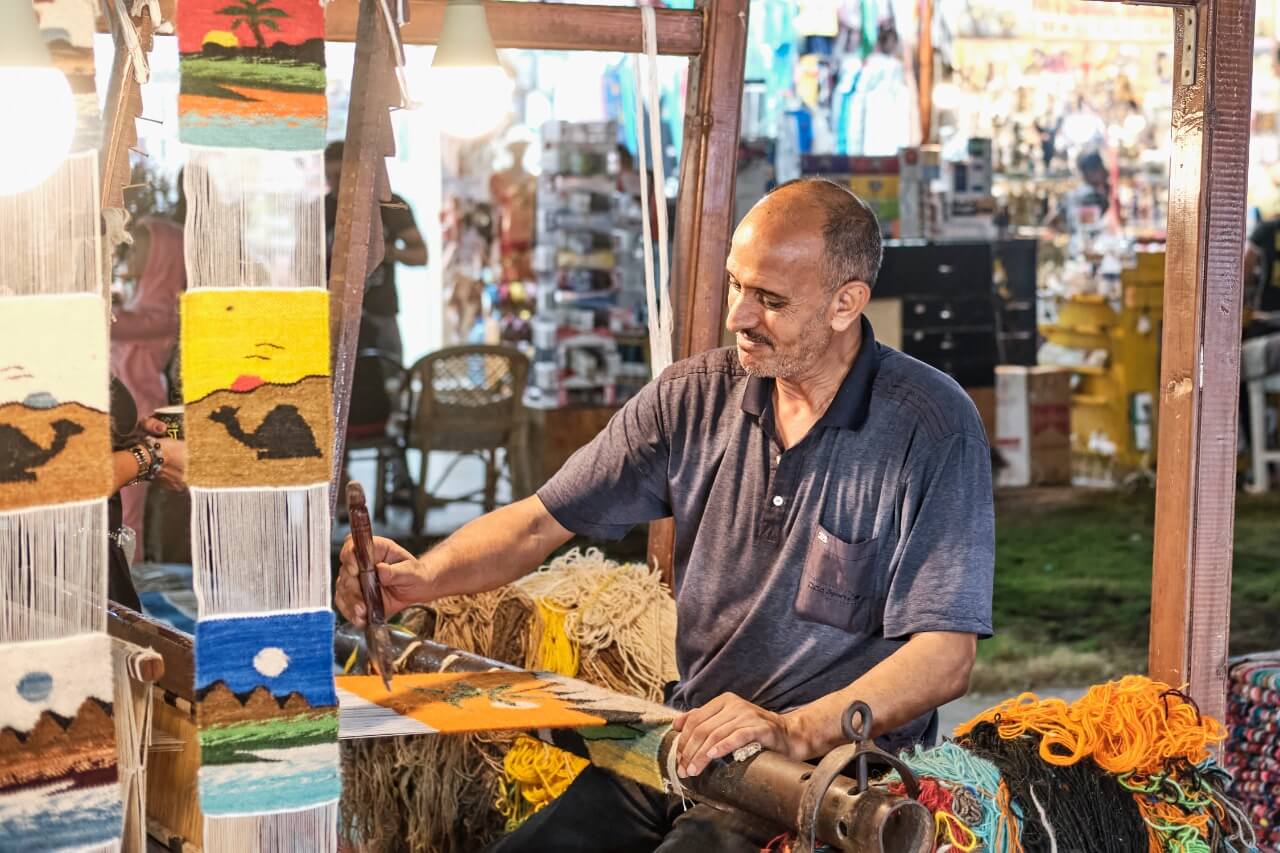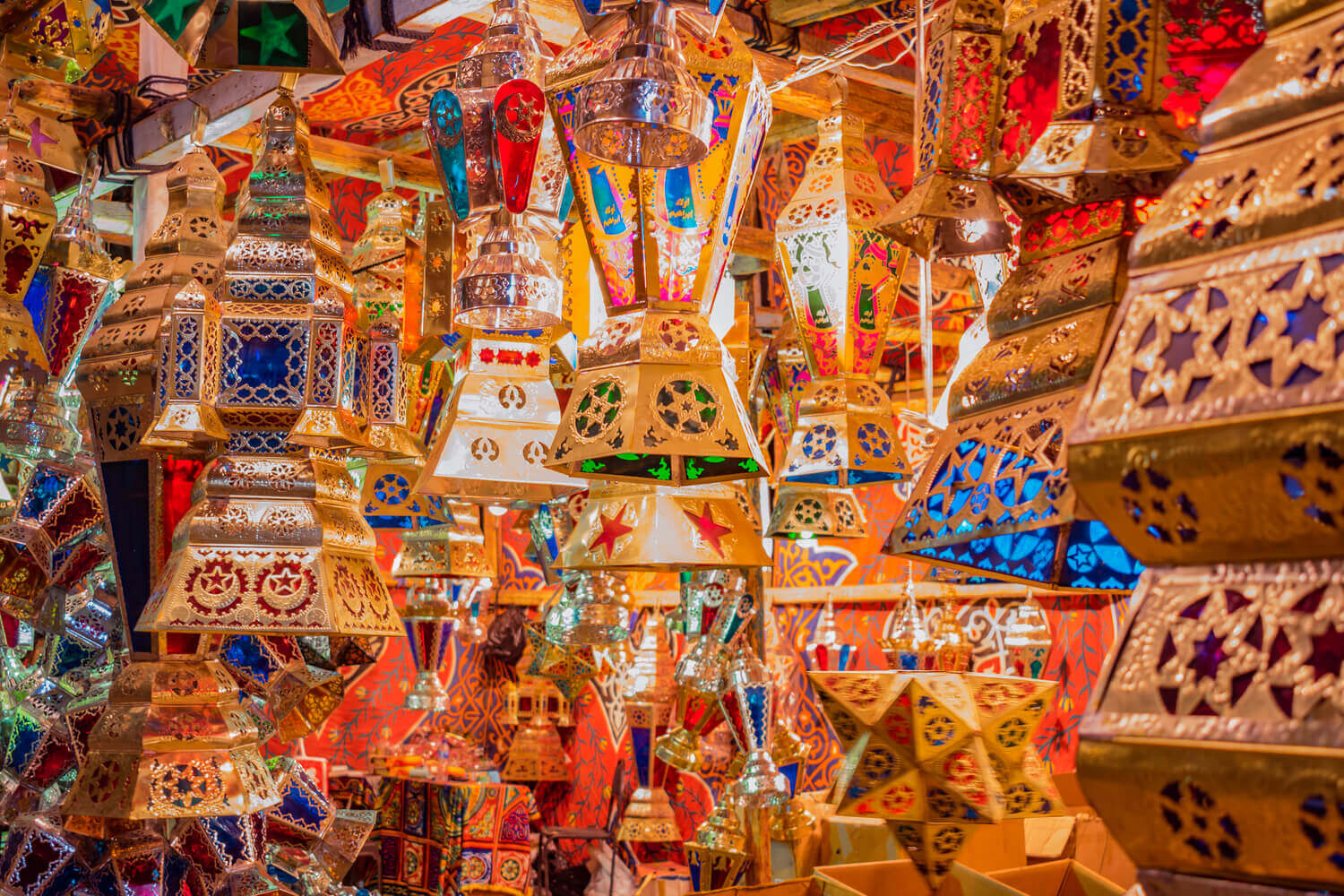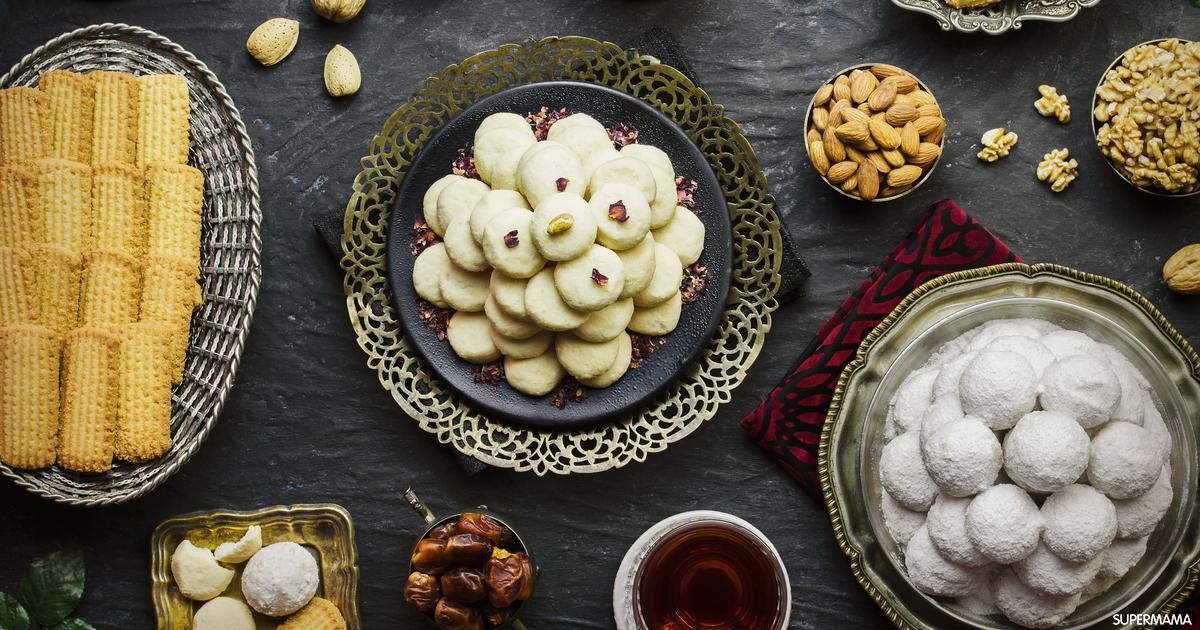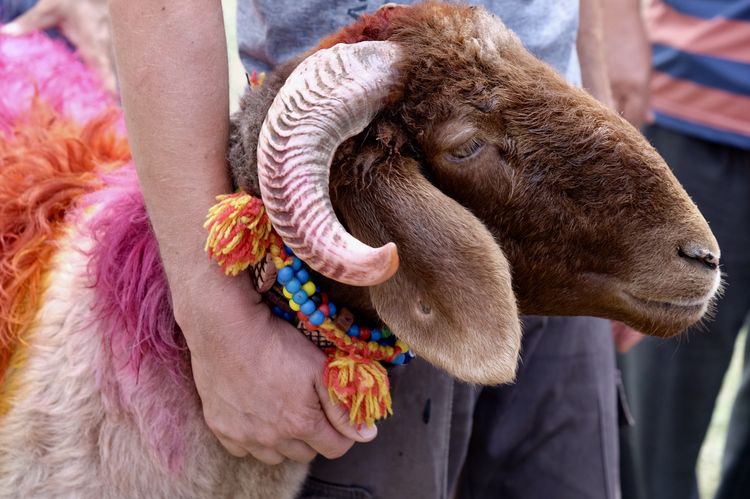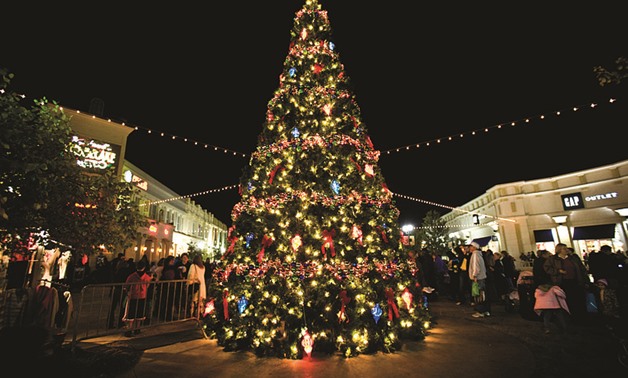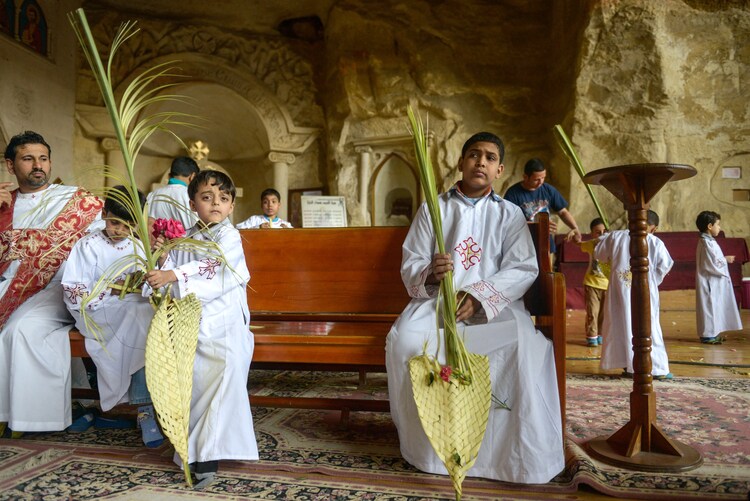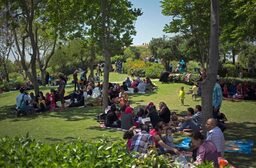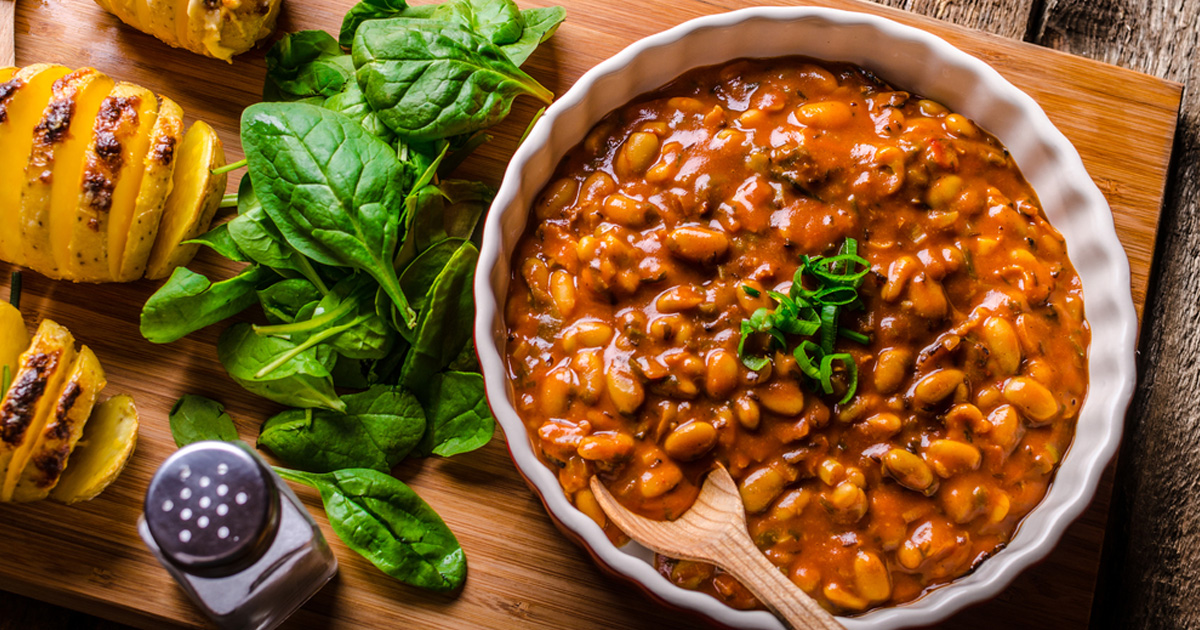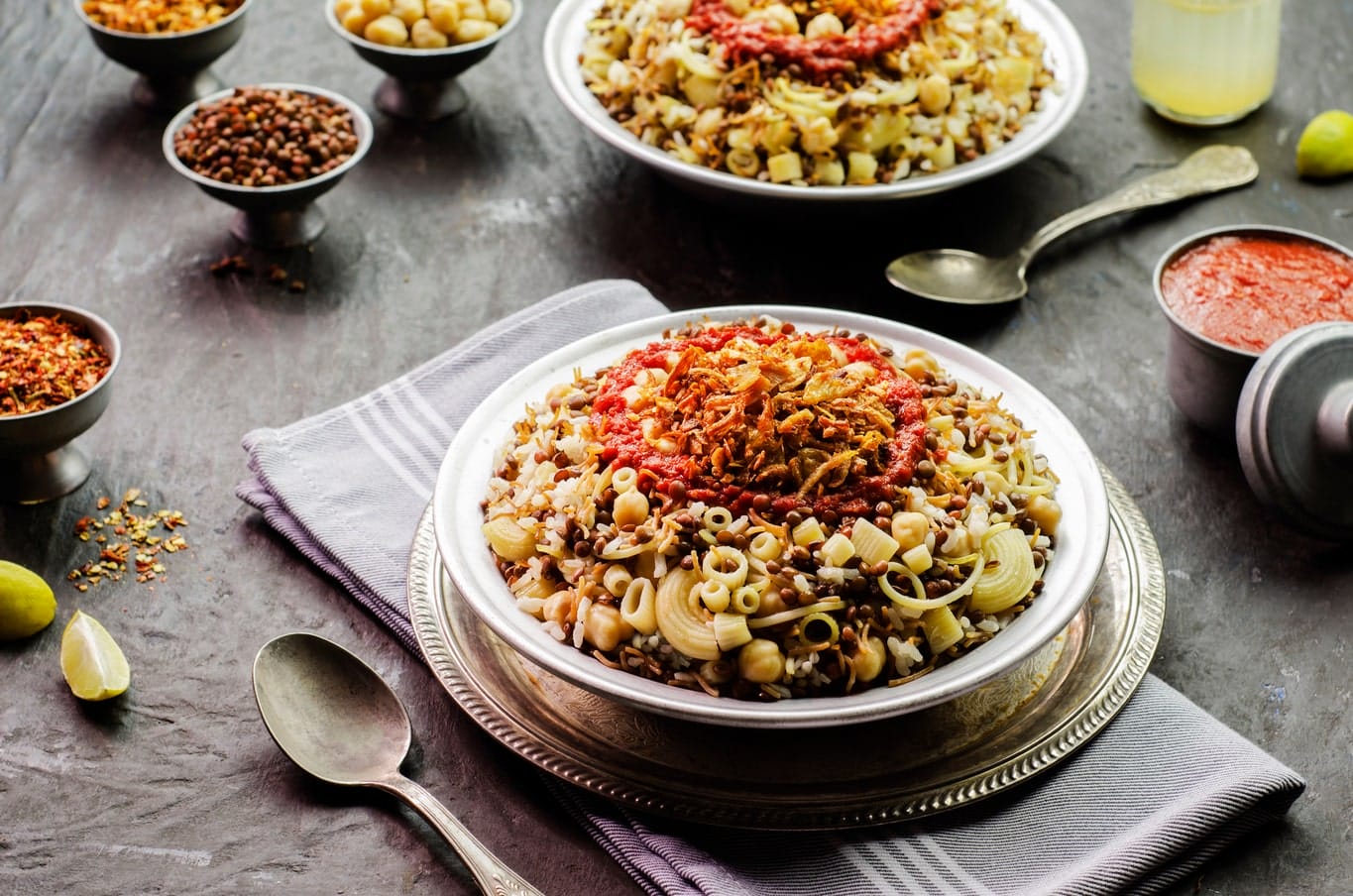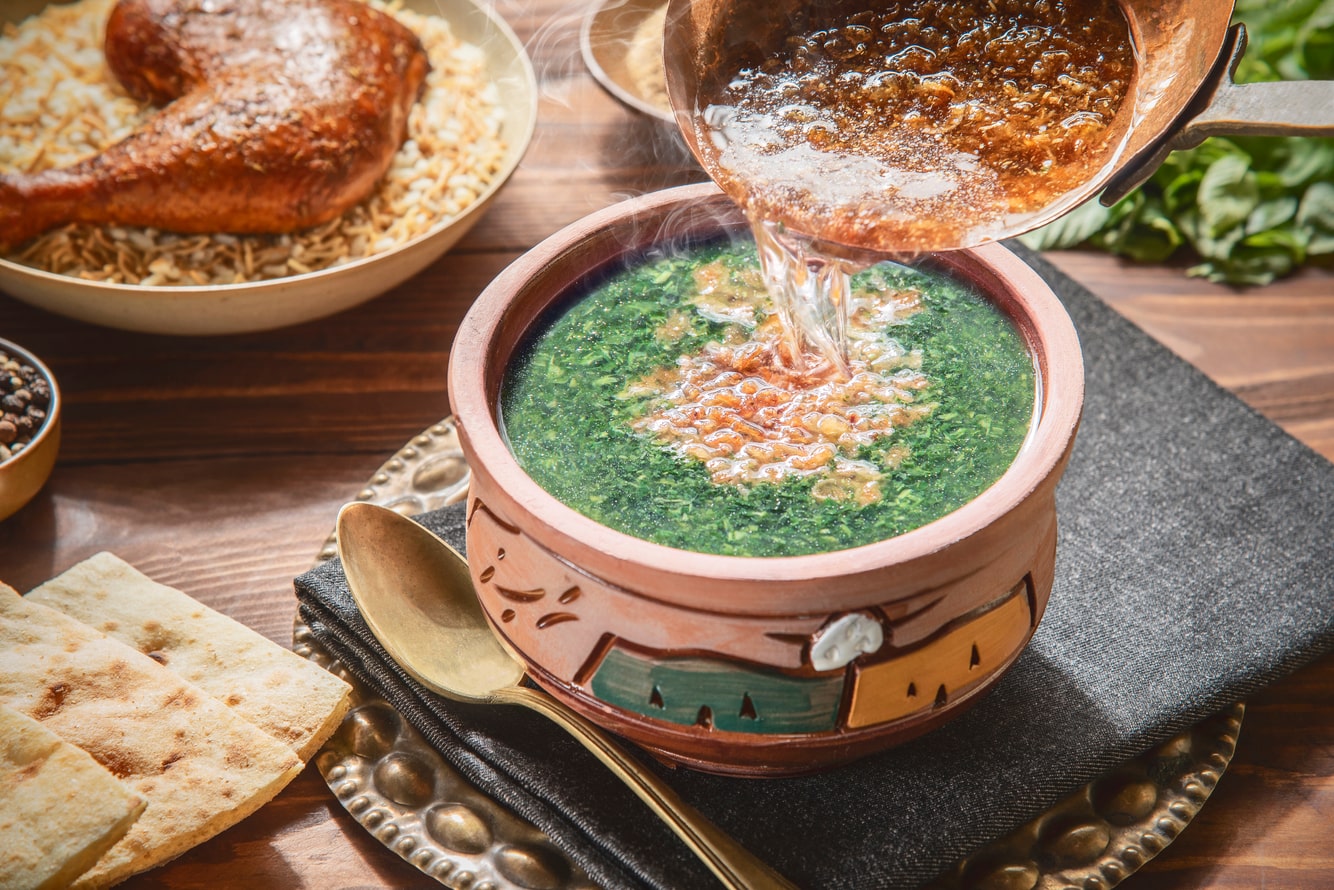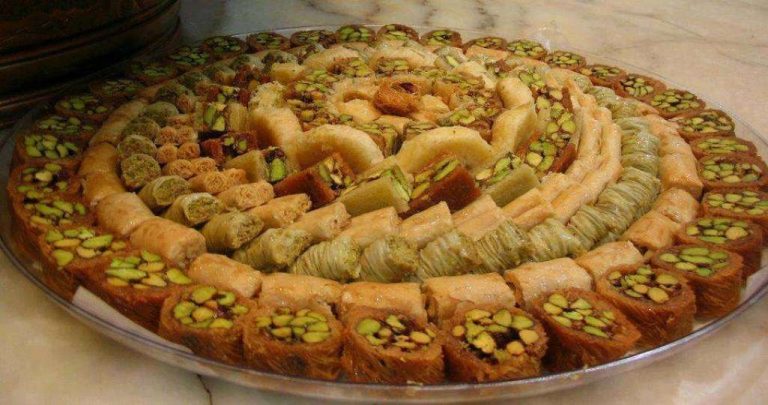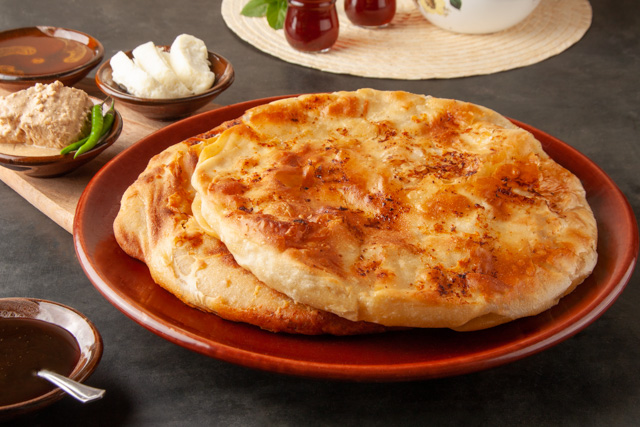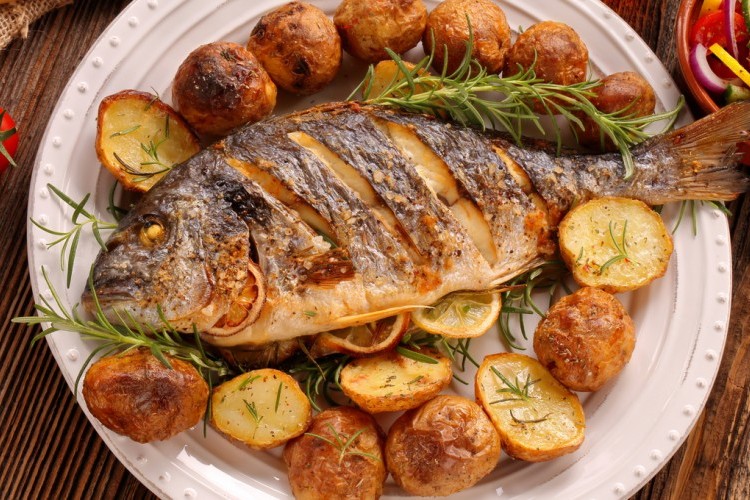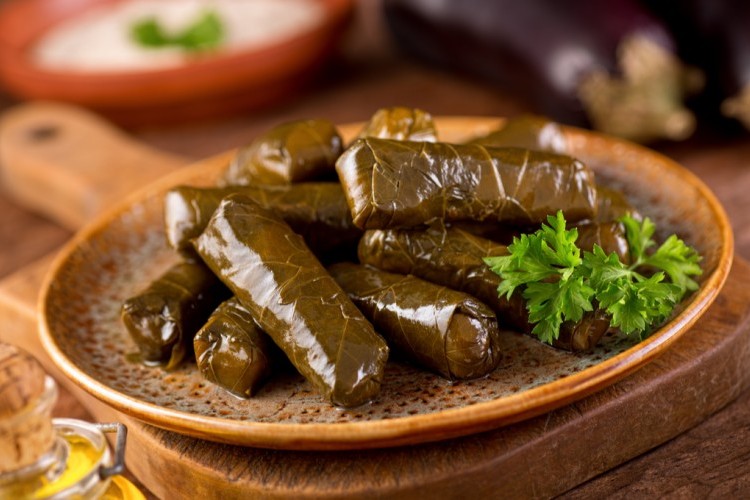A Feast for the Senses
Egypt’s People Are Its Greatest Treasure
Arabic is the official language of Egypt, spoken by the entire population of over 100 million citizens. In urban centers and popular tourist destinations, many Egyptians understand and are fluent in English. In tourist areas, other European languages—such as French, Russian, Ukrainian, Spanish, and Italian—are also commonly spoken.
Regardless of what language Egyptians speak, the language closest to their heart is laughter. Egyptian culture is known for its love of humor and linguistic playfulness, and you will notice that even the simplest interactions will leave you smiling with friendly wit and banter.
Rich in Religious Tradition
Egypt’s Muslims and Christians have been living side by side and coexisting peacefully over the centuries. Muslim holidays, such as the celebration of Eid twice a year, and Coptic Christian holidays, such as Coptic Easter and Coptic Christmas, are large festivities celebrated with family, loved ones, and special food. Egyptians share a reverence for community and family, with close-knit and warm relationships being the norm.
DISCOVER
Egyptian festivals and traditions
Food, Drink, & Entertainment
Egyptians love to talk, eat, and stay up late together. If you are looking for a travel experience that will enrich your life with genuine human connections and laughter, Egypt is the place to go! Perhaps owing to Egypt’s young population, with around 60% of Egyptians under 30, it is common to find Egyptians staying up late enjoying conversation or the latest football match over a shared meal or several rounds of tea. In Egypt, you will experience genuine hospitality and make lifelong friendships fast, usually revolving around a memorable meal or two...or maybe even three!
Egyptian cuisine will most certainly not disappoint. Egyptian cuisine has plenty of vegan and pescatarian recipes that have been tried, tested, and developed through the ages, but an innovative culinary scene means you can go on food tours to sample a variety of tempting dishes in diverse settings, both traditional and upscale. Most hotels serve international cuisine alongside Egyptian dishes. Present-day Egypt is also known for being the cultural hub of the Arab world with a vast production of art, music, film, and a lively visual and performative arts scene—so after your meal, make sure to look up the current cultural events happening near you!
Here are some favorites from Egyptian cuisine that are not to be missed:
DISCOVER
